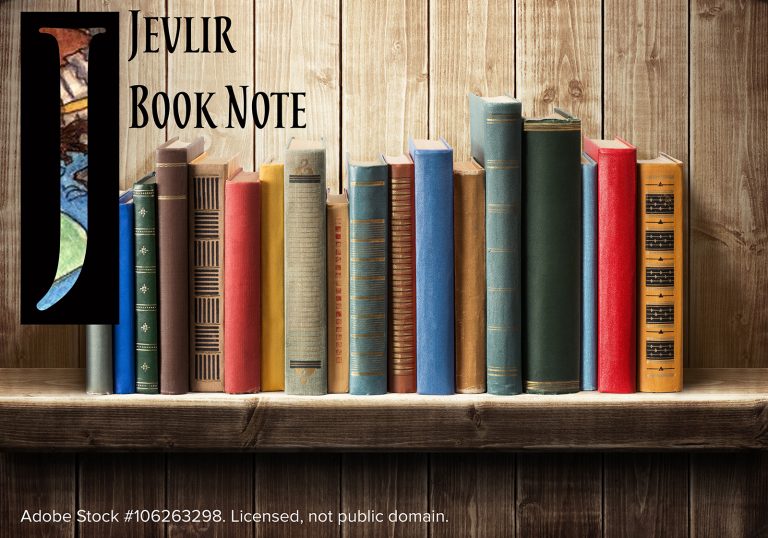What is a Classic?
I’ve posted before on the idea of what is great literature and what is not, and particularly on the tendency of some people to become gatekeepers over the distinction. I personally reject the very idea of reading lists. If people think my reading is eccentric (it is), or that I have not read certain pieces of supposedly classic literature (in many cases, they’re right), that’s fine with me.
Sam Sacks enters this debate (not with me on my tiny blog, but with the heavies) with a post Canon Fodder: Denouncing the Classics on The New Yorker site. I call attention to it because I think it’s interesting, but I also think it tends to miss the point. This is because it falls into the trap of thinking that a word must have one referent. There are at least two senses of “classic,” at least as I would use them. First, there is the classic that is so great (in my opinion), that it deserves to be read widely. Thus I will use the term “classic” of literature that might not be old enough to be considered a classic by more normal people. (The question is, which is to be master–that’s all!) The second use is illustrated by my parenthetical quote. A classic is something that has worked its way so far into the way we think about things that it would be helpful for you to have read it in order to understand your own culture. But in my view you won’t make it through any good sized list without neglecting something anyhow. So I make no apologies for leaning my literature reading a bit more to the contemporary than “true literati” would find acceptable. I’m not a “true literati.” I’m just a publisher. (Note the use of scare quotes, or in this case, perhaps, disdain quotes.)
In any case, I remain convinced that choice in reading is personal, and that you can objectively determine if literature is popular or influential, but not whether it is good or not. That’s a matter of taste. Mostly.
Discover more from The Jevlir Caravansary
Subscribe to get the latest posts sent to your email.


